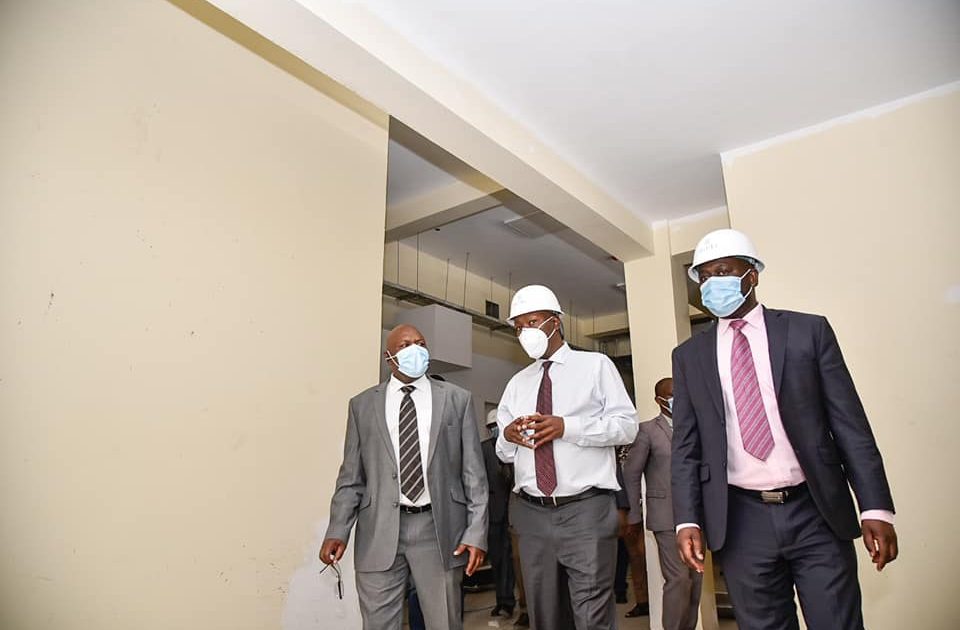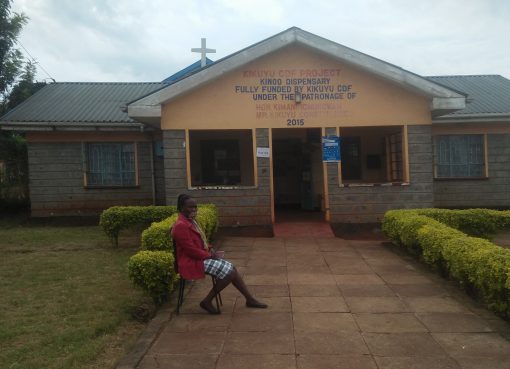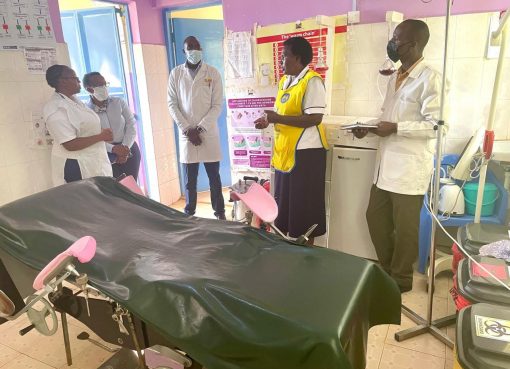Kenya is set to have its fourth public radiology center when the upcoming ultra-modern Sh600 million imaging facility in Nakuru County becomes operational come July this year.
The centre whose construction at the Nakuru Level 5 Teaching and Referral Hospital is complete will be equipped with state of the art equipment to interpret Special and General X-rays, Ultrasound scans, positron emission tomography (PET), Computerized Tomography (CT) scans and magnetic resonance imaging (MRIs).
Speaking after inspecting the new facility, area governor Lee Kinyanjui said his administration had signed a tripartite agreement with the national government and Eldoret based Moi Teaching and Referral Hospital (MTRH) to guarantee smooth running of the facility.
“The Ministry of Health will hire staff, procure radiotherapy equipment and maintain them besides providing technical support, while MTRH has undertaken to provide staff and mentorship programs during the project’s implementation.
Radiology services provided here will have a direct impact to over 3 million people from the counties of Nakuru, Bomet, Nyandarua, Kericho, Laikipia, Baringo, Kajiado and Narok thereby improving access to quality and affordable services,” said Mr Kinyanjui.
Kenya’s other public radiology centers are at the Kenyatta National Hospital (Nairobi), Moi Teaching and Referral Hospital (Eldoret) and the Garissa County Referral Hospital.
The Governor who was accompanied by his Deputy Dr. Eric Korir, team of engineers from the Ministry of Public Works led by Senior Architect Benjamin Ahura and the County Executive Committee Member for Health Dr. Zachary Gichuki Kariuki said the facility will be fitted with modern technology to enable radiologists in other counties communicate with experts at the center and get the diagnosis for their patients done in the shortest possible time.
“In emergency cases such as road accidents, more lives will be saved because of the short time taken to analyze images.
It will be equipped with advanced imaging machines that will provide important information that will help doctors diagnose medical problems ranging from a broken finger to cancerous growths,” stated Kinyanjui.
He said the one stop imaging complex will complement the two new trauma centres at Naivasha Sub-County Hospital and the Nakuru Level 5 Teaching and Referral Hospitals, which attend to a high number of accident victims along the Nairobi-Nakuru highway and the Naivasha-Mai Mahiu road.
While announcing that staffing and equipping of the facility had kicked off, the governor said the radiology complex will also supplement the oncology center which was unveiled two years ago at the Teaching and Referral Hospital.
“Up to 80 cancer patients will be able to receive treatment per day, therefore reducing cases of referrals to Kenyatta National Hospital (KNH) and Moi Teaching and Referral Hospital (MTRH) in Eldoret,” noted Kinyanjui.
The oncology unit has 10 chemotherapy seats and is manned by an oncologist, a medical officer, a pharmacist, four nurses and a physiotherapist. The unit has the capacity to serve at least 30 patients and last year more than 15,000 patients were received at the facility.
The governor added that the radiology center will have modern brachytherapy, linac and CT Simulator machines to treat cancer patients. He said the centre will also be used by students studying medicine at various public and private institutions within Nakuru and the neighbouring counties.
“Medical students at the local Kenya Medical Training College, Egerton and Kabarak Universities among other institutions will also be able to study and gain experience using the cases sent to the centre,” he said.
The center will also offer mammography to quickly identify and effectively diagnose the early signs of breast cancer and offer the best hope for patients.
Dental X-rays Orthopantomogram (OPG) and Intra Oral Periapical radiograph (IOP) and Interventional Radiology will also be conducted at the complex.
Dr. Korir said patients will also get a variety of Interventional Radiology
The deputy governor said Kenya has the highest number of cancer-related deaths across East Africa, according to new data by the World Health Organization (WHO).
Cancer kills 32,987 Kenyans a year, an estimated 40 per cent of the 83,426 deaths reported in the three East Africa Countries of Kenya, Uganda and Tanzania, according to the World Health Organization’s Globocan report that analyses new cases among men and women.
Tanzania comes second with 28,610 cases while Uganda had the least deaths with 21,829 or slightly above 25 per cent of all the cases reported by the three countries.
Jane Ngugi




